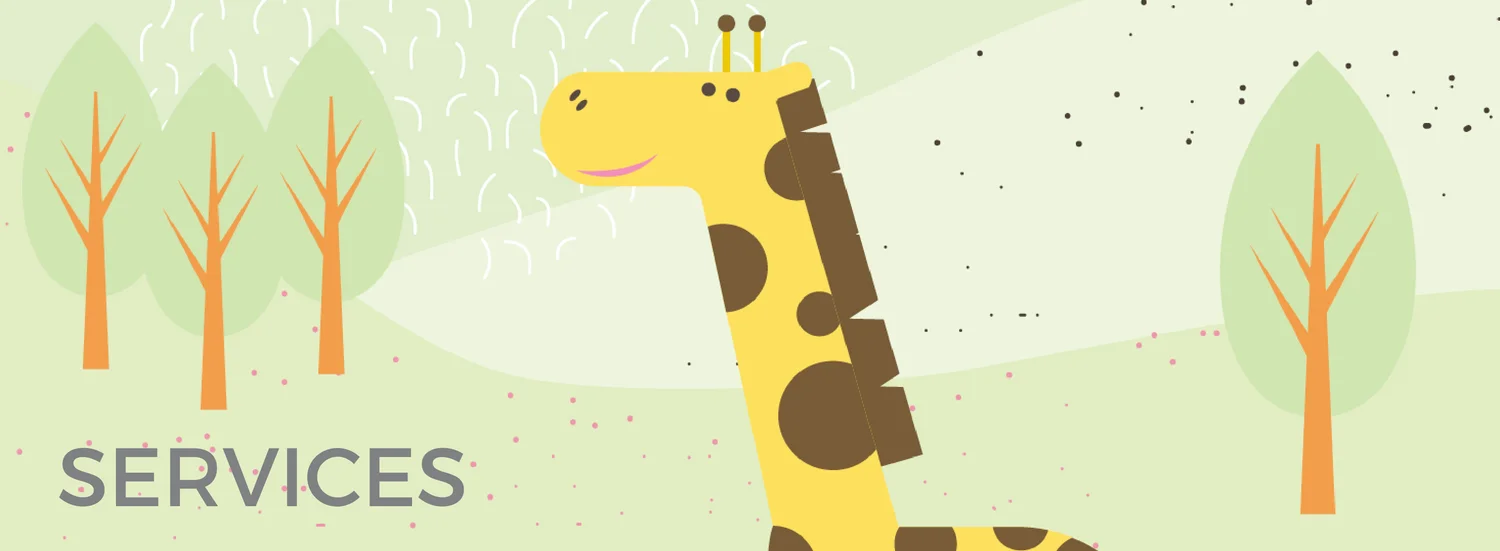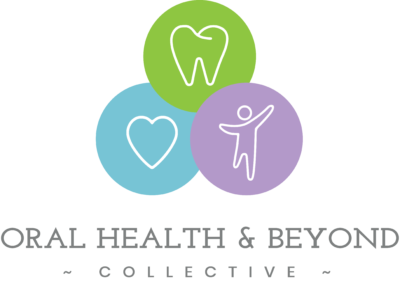
A contemporary, multi-disciplinary approach for children
With traditional orthodontics, the focus has been on moving the teeth into a better position without addressing the underlying problem (orofacial disorders). Orofacial Myology (also known as Myofunctional Therapy) uses exercises and techniques to retrain the tongue, lips, and jaw to correct functional irregularities of the face and mouth.
Treatment involves short exercises that train the muscles to function properly. You could consider this as a bit like a gym for the mouth that builds up the muscles.
Orofacial myology is an excellent inter-disciplinary option that can help prevent orofacial disorders from worsening over time, particularly in children. The best part is that therapy is non-invasive, uses no drugs, and has proven results.

Tongue thrust treated with oral myology and result
What are Orofacial Disorders?
Orofacial disorders are problems with oral and facial muscles that open the dental bite beyond a normal resting or functional range and can be caused by:
- thumb and finger sucking
- prolonged use of dummies
- an open mouth position
- forward resting position of the tongue
- tongue thrusting
- airway restriction
- cheek or nail biting
- teeth clenching or grinding
- structural or physiological abnormalities
Why is it important to fix these issues in children?
Orofacial disorders can lead to abnormal dental development in children, resulting in malocclusion (misalignment of teeth), cosmetic problems, abnormal jaw growth, and speech problems.
The structure of the face has a direct impact on function, meaning that without addressing structure we can’t influence function. To give an example; where a kid has an open bite, narrow jaw, or high and narrow palate, it may not be possible to resolve certain speech difficulties. In another example; a narrow palate (which also forms the base of the nasal cavity), means that the airway will be restricted and issues with mouth breathing, snoring, or sleep apnoea could develop.
Orofacial Myology complements orthodontic treatment, where addressing and managing the muscle imbalances that cause crooked teeth can achieve more stable long term results. In children, this will help to avoid extractions or more invasive jaw surgery at a later stage. Importantly, it will also address a number of health concerns that could develop as children age.
How will orofacial myology benefit my kid?
Underdevelopment of the jaw, a narrow palate and poor tooth alignment, are directly related to muscle behaviour. Orofacial myofunctional therapy can teach your kid normal rest positions for the tongue and lips, eliminate harmful habits, and correct swallowing patterns associated with tongue thrusting. Therapy can also improve appearance, help teeth to erupt normally, and help with maintaining results following later orthodontic treatment.
The good news is, we can positively impact all these things by working with children early on. The best time to correct muscular habits is under the age of 9, before the palate has knitted together.
Some of the common reasons we use orofacial myology in children include:
eliminating habits such as thumb or finger sucking
replacing the habit of mouth breathing with nasal breathing
muscle exercises following the release of lingual frenums (known as tongue ties)
establishing normal swallowing patterns and helping to eliminate tongue thrusts that can contribute to open-bites
Evaluation and therapy should be provided by a professional who has been specifically trained as an orofacial myologist/myofunctional therapist. In addition to orthodontists practicing Orofacial Myology, we have a Speech Pathologist as part of the KIDS team. This holistic team approach means that we can offer your kid therapy that can be coordinated with traditional dental or pre-orthodontic treatment.
All treatment begins with a no-stress, no-obligation consultation to discuss your kid’s needs. Book a consultation to get the process started.

Tongue thrust treated with oral myology and result



